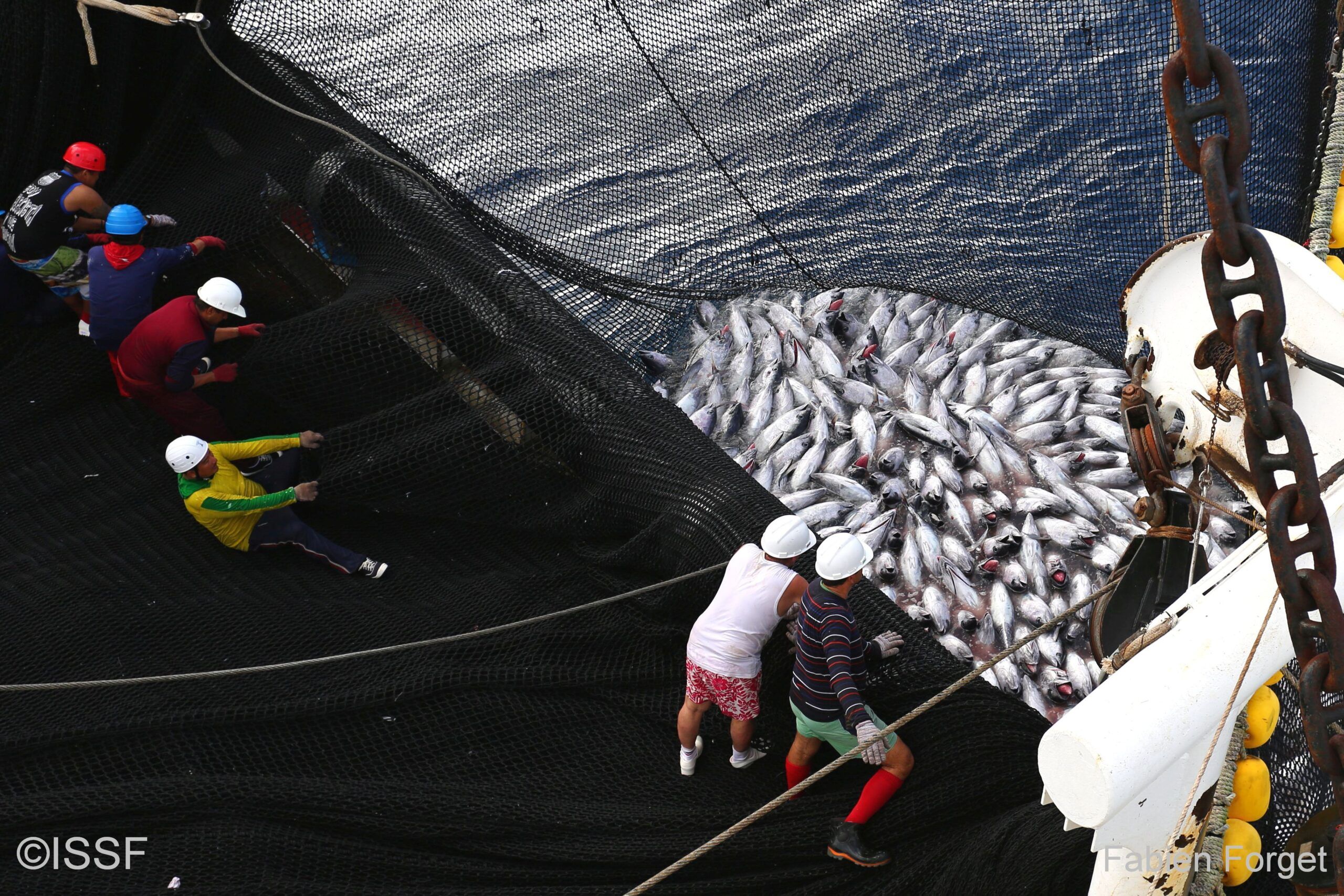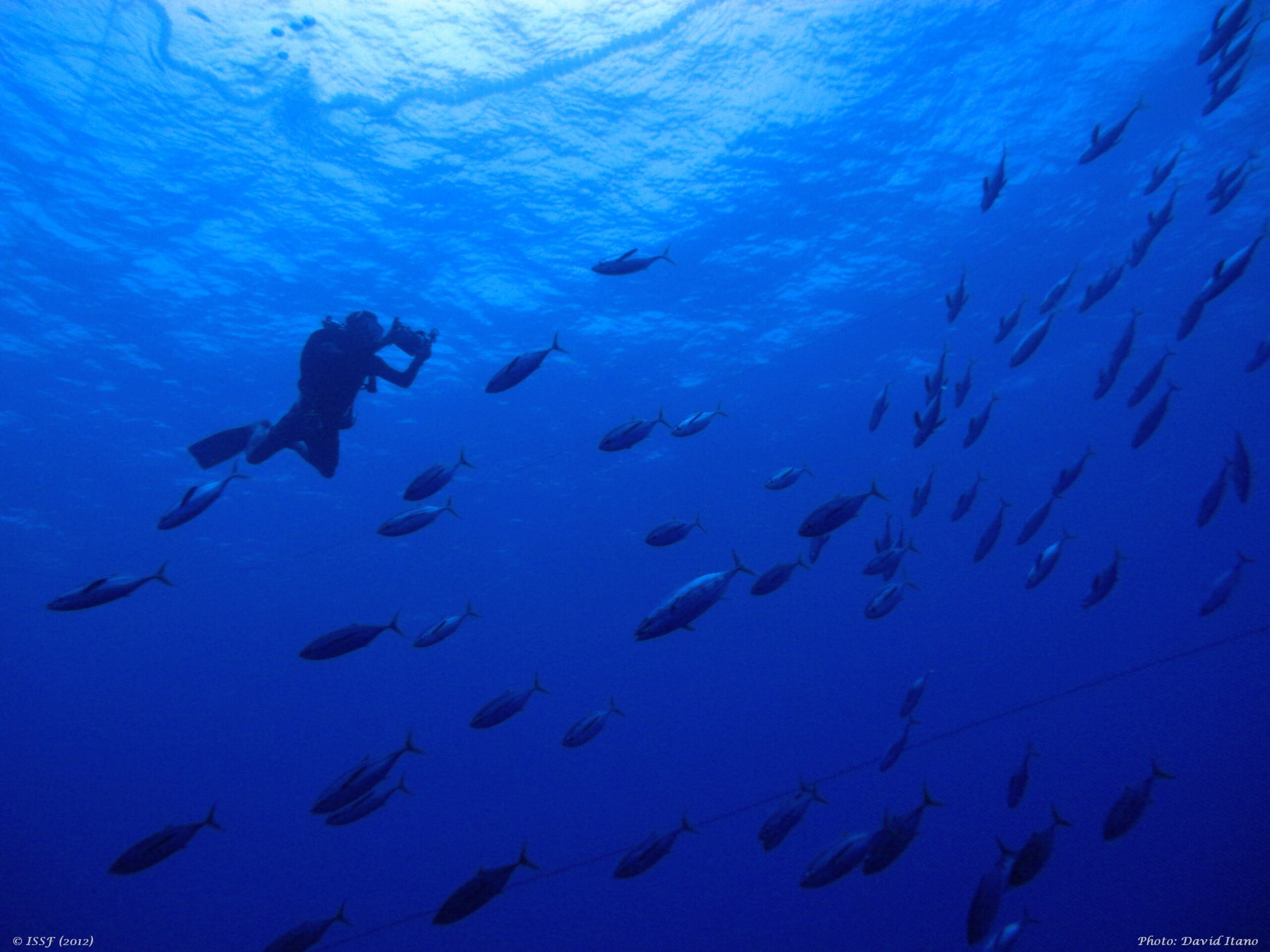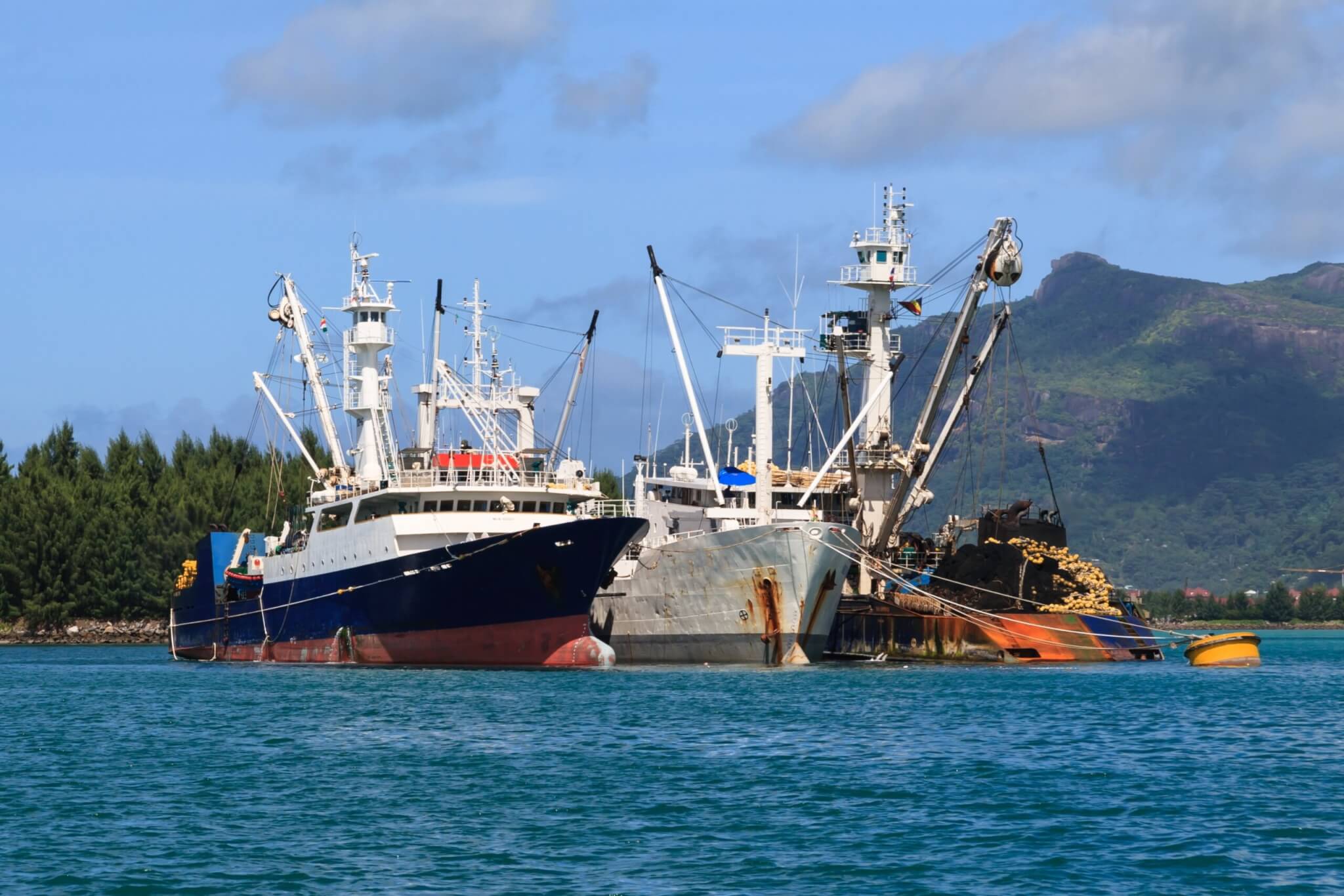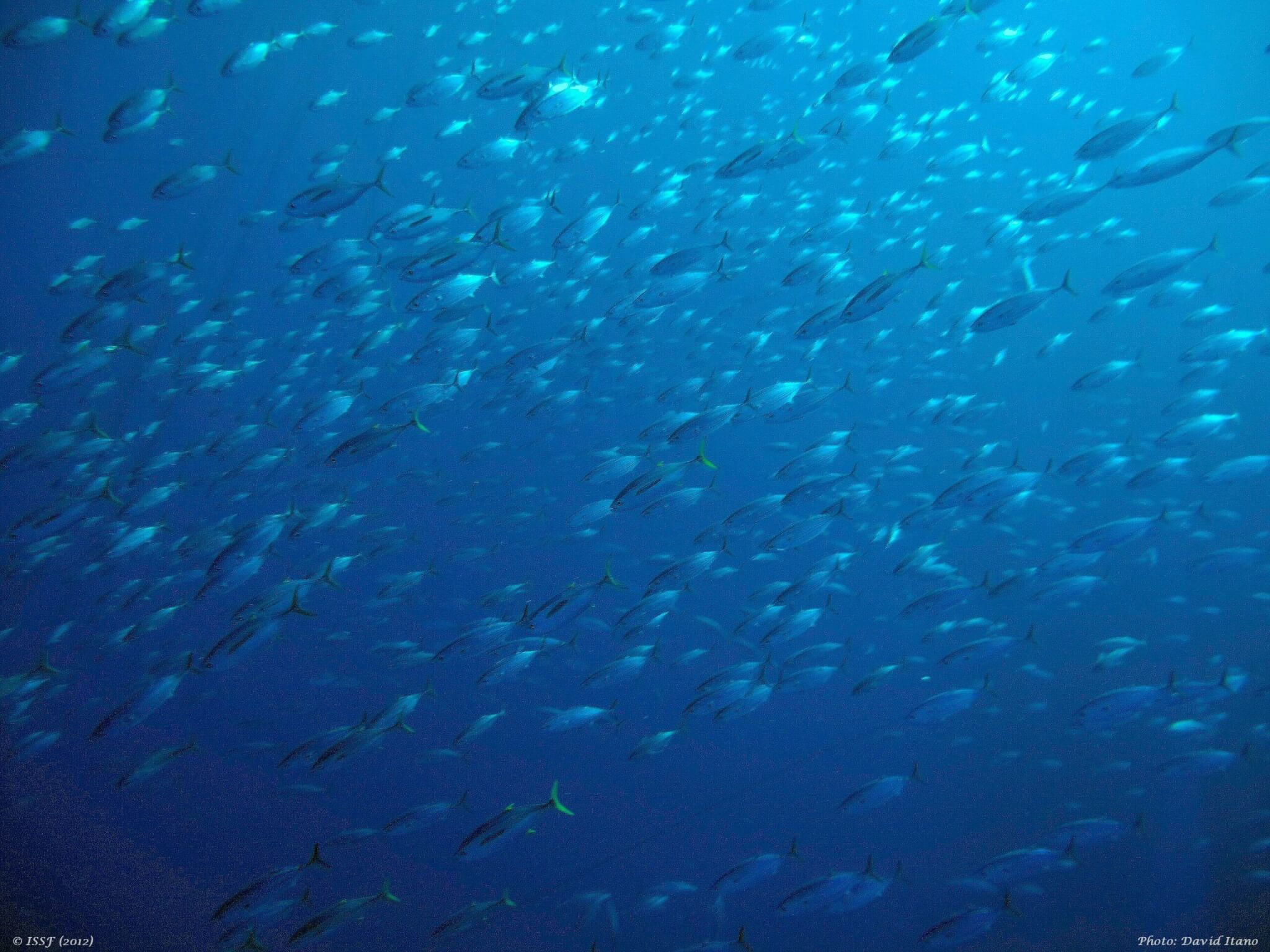
ISSF on IOTC: Indian Ocean Fisheries Managers Miss the Mark on Yellowfin, Skipjack Tuna, and Strengthening FAD Management, But Make Progress for Bigeye, Electronic Monitoring and Transshipment
ISSF joined a chorus of sustainable fisheries stakeholders in calling for immediate action to rebuild the overfished yellowfin stock at the recent Indian Ocean Tuna Commission (IOTC) annual meeting. The protection of yellowfin tuna was priority number one.
Unfortunately, the IOTC failed to answer this urgent call. The Commission did not reach agreement on amendments to its yellowfin resolution — amendments that were necessary to give full effect to the scientific advice to ensure an effective and enforceable rebuilding plan and secure the long-term sustainable management of overfished yellowfin. The IOTC disregarded its Scientific Committee’s recent guidance on action needed to prevent further declines in the stock.
By not amending its yellowfin measure, the Commission is perpetuating a situation that can only accelerate further stock decline. Some IOTC parties have made the required yellowfin catch reductions called for in the existing measure. Other parties have increased their yellowfin catches. And still other parties, in objecting to the measure, insist that catch limits do not apply to them. The existing measure, even if fully implemented, would not be sufficient.
In a further blow to tuna conservation, the IOTC also failed to fulfill its responsibility in managing skipjack tuna. Specifically, the Commission did not agree on the skipjack catch reductions necessary to implement the annual quota resultant from its harvest control rule. As a result, skipjack catches may persist in exceeding agreed-to annual catch limits, putting the currently healthy stock at further risk.
Strengthened FAD management in the Indian Ocean was another top ask for ISSF and its stakeholders ahead of the IOTC annual meeting. Advancement in this area was stymied, too. The Commission did not agree to enhanced FAD management provisions that were in line with recommended, science-based best practices — practices like accelerating the transition towards biodegradable FADs to reduce the environmental impacts of traditional FADs; requiring the submission of important FAD data essential for science and compliance; and establishing FAD marking rules. This year marks the second consecutive year that IOTC failed to make headway on better managed FADs, even though meaningful proposals were tabled. The need for these FAD improvements is clear, and IOTC’s lack of progress on them remains unacceptable.
Progress for Bigeye Management and Electronic Monitoring
While it’s difficult to look past these missteps on yellowfin and skipjack tuna and FAD management, we acknowledge that the IOTC did act on some critical issues. Here’s how the Commission advanced other topics where action was needed:
- The IOTC adopted a much-needed management procedure for bigeye tuna. Management procedures (also called harvest strategies) — which include target and limit reference points, together with harvest control rules — provide pre-agreed rules for acting on stock status changes when managing fisheries resources. If effectively implemented, a management procedure for bigeye gives the IOTC an essential tool to ensure the long-term sustainable management of this key tuna resource.
- The IOTC took a positive step toward using Electronic Monitoring (EM) to achieve its observer coverage rates, an area in which the Commission lags far behind other tuna RFMOs — for example, the IOTC still does not require 100% observer coverage on purse seine vessels. The IOTC agreed to allow the use of EM on fishing vessels, rather than human observers only, to meet its 5% observer coverage requirement. And the Commission set a clear deadline in requiring the development of minimum standards for the use of EM by 2024. Although a good step, the next and urgent one should be to increase observer coverage on all vessels. ISSF commits to continued work with the IOTC EM Working Group to ensure the success of these improvements, which are essential to effective fisheries management and compliance monitoring.
- The IOTC tightened its regulation of at-sea transshipment in the Indian Ocean. The Commission strengthened its at-sea transshipment resolution to include enhanced inspections in port, as called for in the FAO Port States Measures Agreement, the accepted guide to best practices in minimizing IUU activities in fisheries. ISSF welcomes this progress in combating IUU fishing activity in the region through enhanced port State controls.
While important, these wins for stronger management do not overcome the inaction for yellowfin tuna stocks, skipjack tuna, and enhanced FAD management. The indecision in those areas is especially egregious considering that for over a year, consistent and urgent pleas from countless fisheries stakeholders have been issued on these topics. Political will from all players has been and continues to be severely lacking.
ISSF is committed to the long-term sustainable use of valuable Indian Ocean tuna resources. ISSF urges all IOTC parties to adhere to the current rebuilding plan and work collaboratively to urgently develop a more robust and enforceable measure that fully implements the scientific advice.


